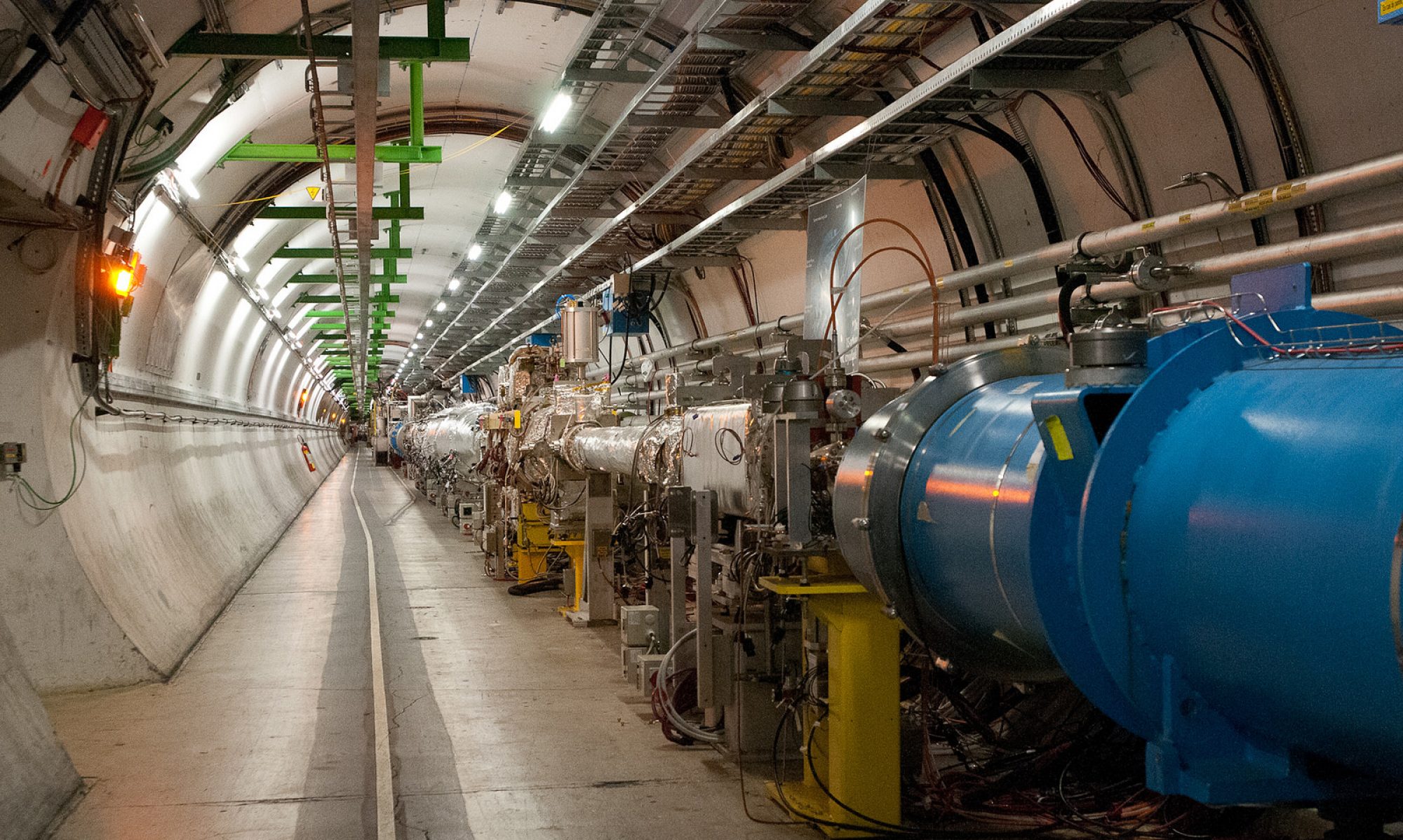This past week, while working on systematic uncertainty estimates for one of my research projects, I escaped to the SLAC library for a quiet but inspirational space in which to conduct my efforts. There was a particular moment when I needed to hit ENTER and wait for a program to execute and return some numbers. While waiting, I escaped my laptop and hit the bookshelves to browse.
In my browsing, I came across a book published through the Union of Concerned Scientists that preps scientists for interacting with the media. Titled “A Scientist’s Guide to Talking with the Media” and written by Richard Hayes and Daniel Grossman, the tips in the section on preparing for an interview were as applicable to going to Washington D.C. and doing science advocacy as they were for speaking with the reporter from your local paper.
It reminded me of the importance of libraries, of shelves of old books and new books waiting to be browsed. Access to information in structured but open ways is as critical to scientists as it is to the very functioning of our democratic system. In a timely way, this weekend the NPR program “On the Media” hailed Judith Krug, 40-year director of the American Library Association’s Office for Intellectual Freedom [1]. In the piece she quoted James Madison, who wrote,
A popular Government, without popular information, or the means of acquiring it, is but a Prologue to a Farce or a Tragedy; or, perhaps both. Knowledge will forever govern ignorance: And a people who mean to be their own Governors, must arm themselves with the power which knowledge gives.
—James Madison, letter to W.T. Barry, August 4, 1822
Amen to that. And hail libraries, for the serendipity and serenity they bring to the scientific process.

